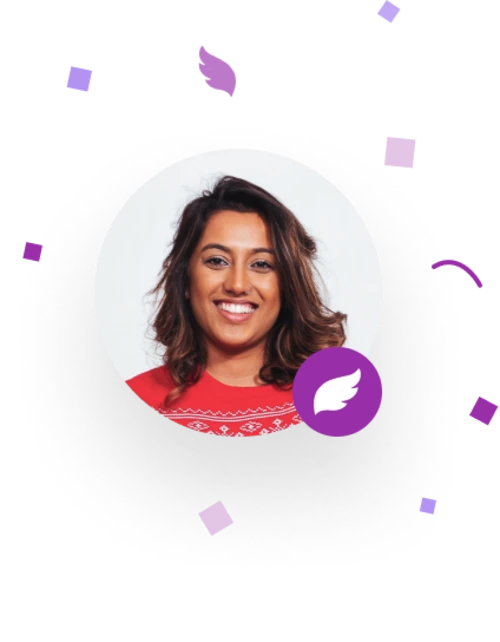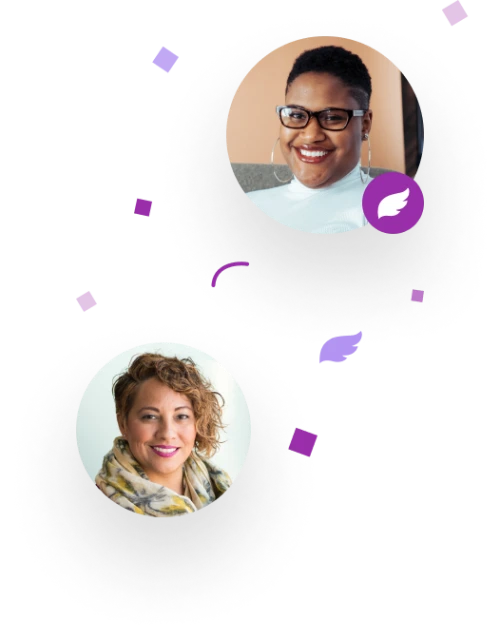I am in my 4th year of bachelors and i don't have any technical skills but I'm interested to learn skills which are related to become a data scientist or analyst and I'm interested to take up jobs related to business analyst but i dont know where to start and what to study and how to apply .i need help. Can anyone guide me what to study and how to apply and give me a schedule of how many hours I should study to improve my skills
Browse recent posts
Hello everyone,
Im an instructor at a college and the student president asked me to go online and fill out the application for Program Manager. The previous manager left and since Im the only full time IT instructor I was told to put the application in. I was handling the job of a program director until the position was filled. So I did just as she asked. When I heard that someone else got the job I felt some kind of way. When I asked about the application being submitted I was told they didn't see the application I submitted because the student president resigned before the job was filled. Just want to know what you think about this issue.
V/r
Tamara
1 Like • 1 Comment
Quick gut check.
If someone you respect looked up your LinkedIn profile today, would they immediately understand:
? what you do,
?how you think, and
?why they should pay attention?
Or would they have to work for it?
Most profiles are not bad.
They are just… quiet.
They list roles.
They list skills.
They say all the right things.
And somehow still say nothing.
This week’s newsletter is about strengthening your personal brand on LinkedIn without turning into someone you are not or posting every day like it is a second job.
No hacks. No hype. Just clarity.
Curious question for you: What do you think your LinkedIn profile says about you right now?
If the answer is “I’m not totally sure,” you might want to read this one.
Want more job search strategy, LinkedIn visibility tips, and real talk about what’s working right now?
Follow me and connect with me on LinkedIn:
https://www.linkedin.com/in/melaniemitchellwexler/
https://www.linkedin.com/posts/melaniemitchellwexler_quick-gut-check-if-someone-you-respect-activity-7430257401058009088-ijVl?utm_source=share&utm_medium=member_desktop&rcm=ACoAAAE7zOABz83nZb53qdeC66Dyj4MTQ6Hhhqw
2 Likes • 0 Comments
What are good side hustles?
I am in the process of building my online business selling digital editable templates and looking at starting other ones besides this one. I have a tutoring CRM and ESL background, but have been hearing horror stories about not getting enough students, ie: Cambly. Are there any reputable sites to start tutoring? What are other good side hustles, preferably online? Also heard Upwork is not good anymore.
1 Like • 0 Comments
Hi everyone!
I hope this post is received in health and joy!
Please share any social work vacancies that you might be aware of in New Zealand. I'm looking to relocate from South Africa but would need an employment opportunity first.
Thank you all!
1 Like • 3 Comments
The Reality Behind the "Expert" Tag
As someone working in the career and tech space, I see this too often. Managers often confuse 'quiet' with 'disinterested,' when usually it's the quietest people doing the most focused work. Managing a severe RA flare-up on top of that is a massive challenge. I hope you're giving yourself the grace to rest—the job will always be there, but your health is irreplaceable.
4 Likes • 0 Comments
I interviewed with essentially the same company twice. Getting requested to schedule 2nd rounds.
About a week ago I had initial screening calls with a recruiter from the parent company, and the VP of Operations with one of their subsidiaries. The parent company has reached out to me from several sources, but I only interacted with the two. On each call, the interviewer made it clear that while the companies were related, they operated separately. Both calls went well, and the interviewers followed up with a note that they'd be getting back to me later.
This week, I received a call from the parent company recruiter for second round interviews, but in the message, they mentioned the position would be for the subsidiary. I am just wondering if I should be transparent with the recruiter and tell them I'm working with the VP on a position with them already?
My concern is that I told the recruiter I was flexible in offering and position, however I told the VP that I was a bit more rigid. While this sounds like a company that doesn't have it together, I do get how there may be some disconnect, so I am not discouraged and would really like to work for them. Honestly I would prefer a second round with the VP instead of the recruiter, because the recruiter is just looking to fill the open position while the VP is actively working on needs and best fit and already described what they 'd be interested in having me take on.
I haven't yet heard back from the VP, so not sure how to move forward. Any advice?
Some clarifiers: On pay, the recruiter did tell me the position was hourly, just about what I'm making now, and would require in office - where I would potentially have to relocate back to my hometown. My stated number to the VP was roughly 20k more than I currently make and with a preference for remote which they said was something they'd already had in place and could accommodate.
0 Likes • 3 Comments
© 2026 FGB Muse Group Inc.


Share your insight
Join an authentic community that helps women support each other at work. Share your professional experience or ask for advice — you can even post anonymously.